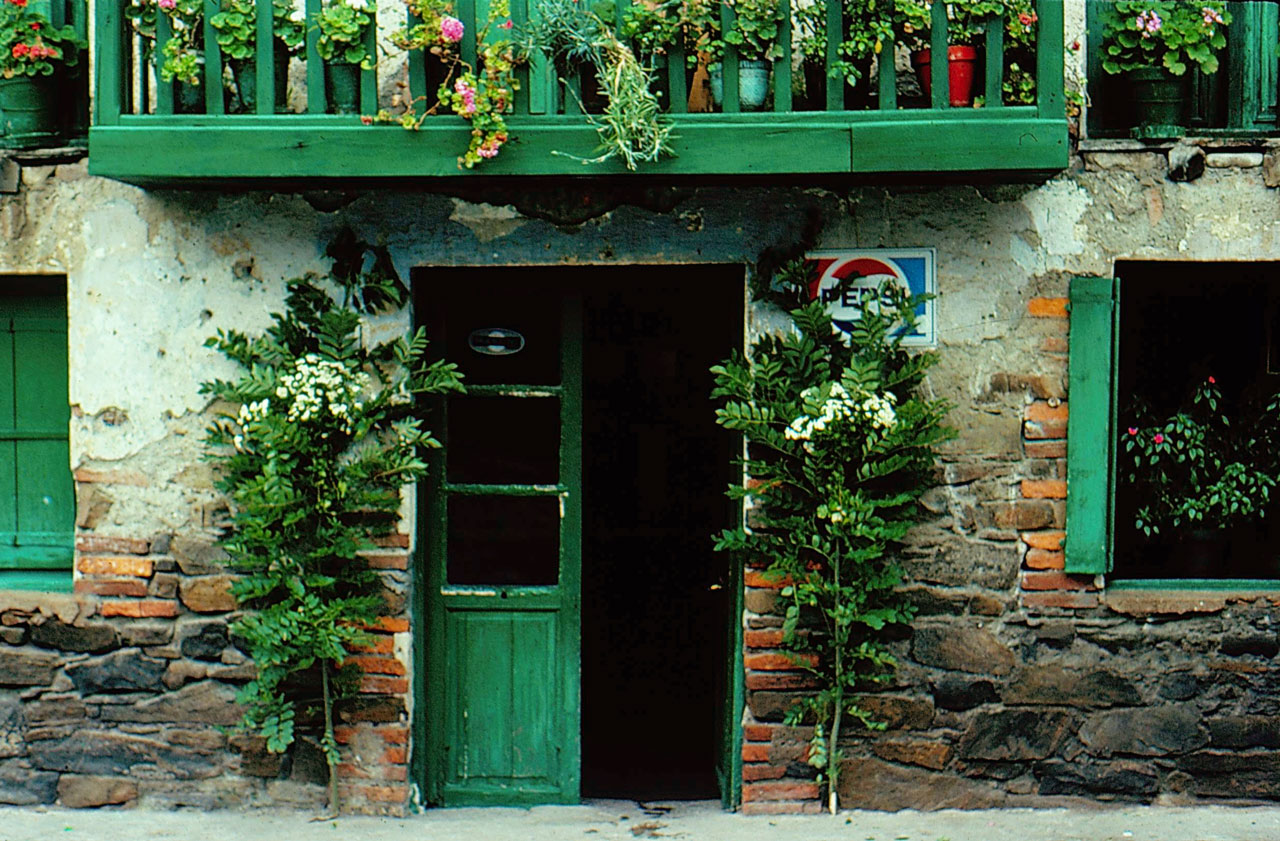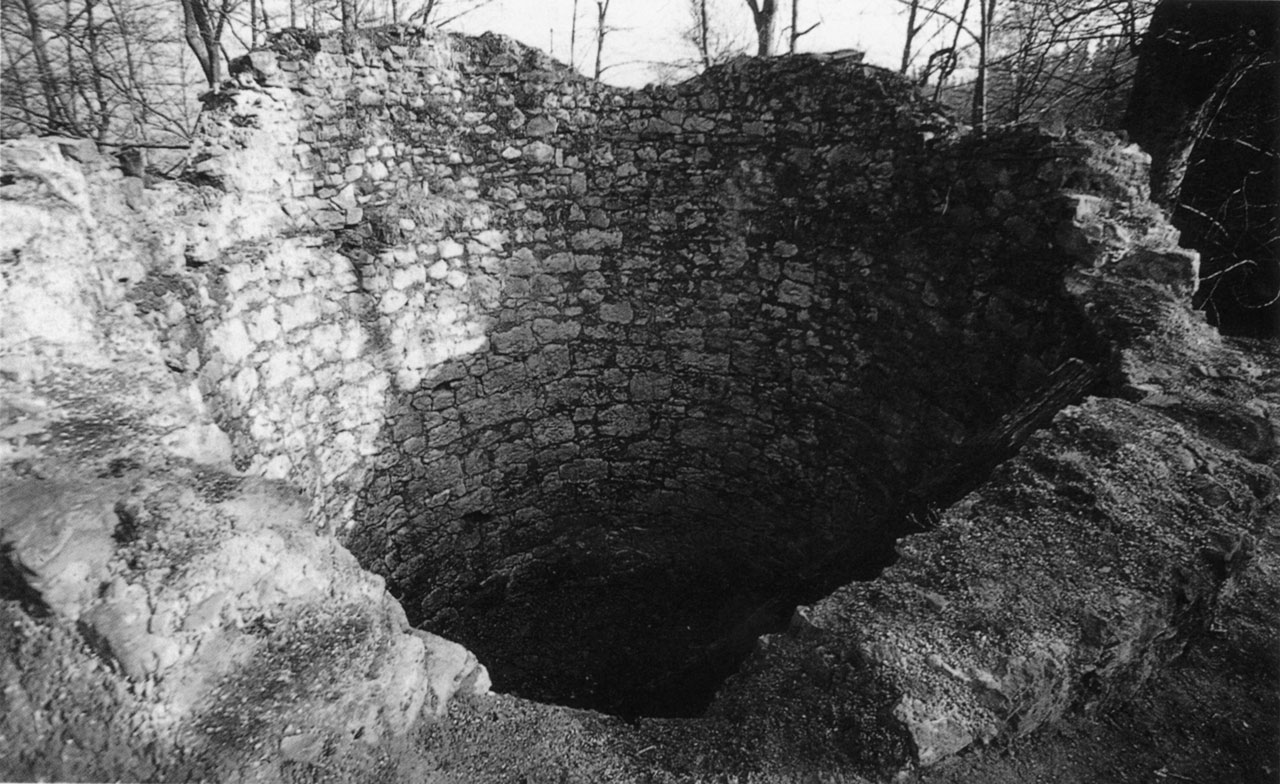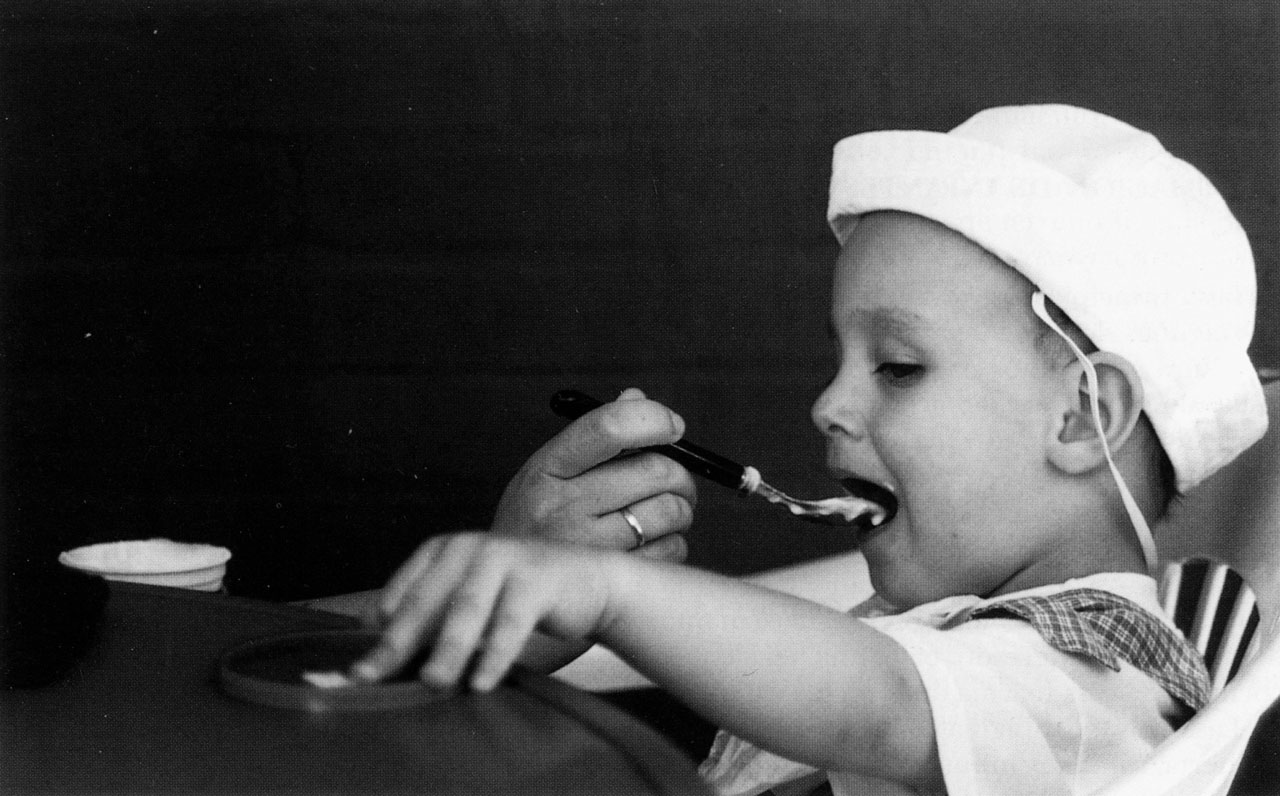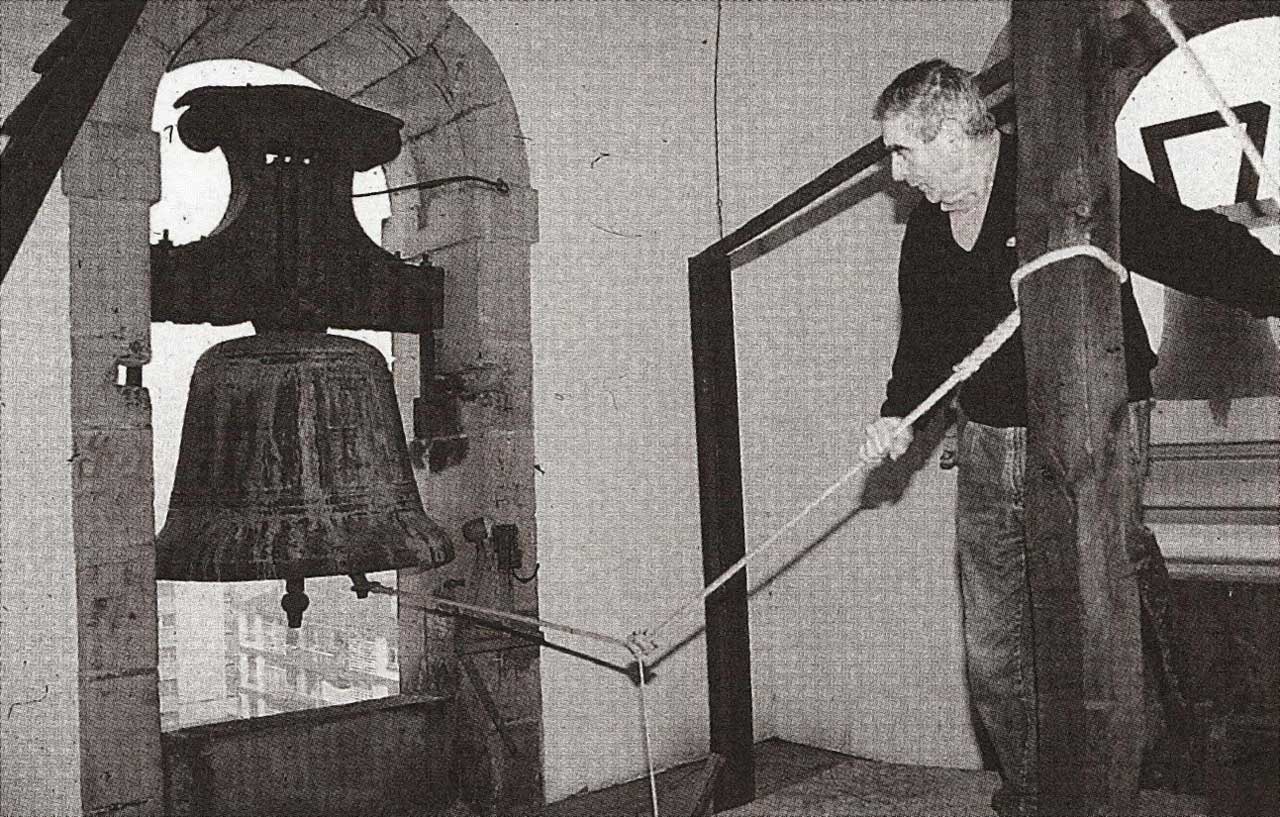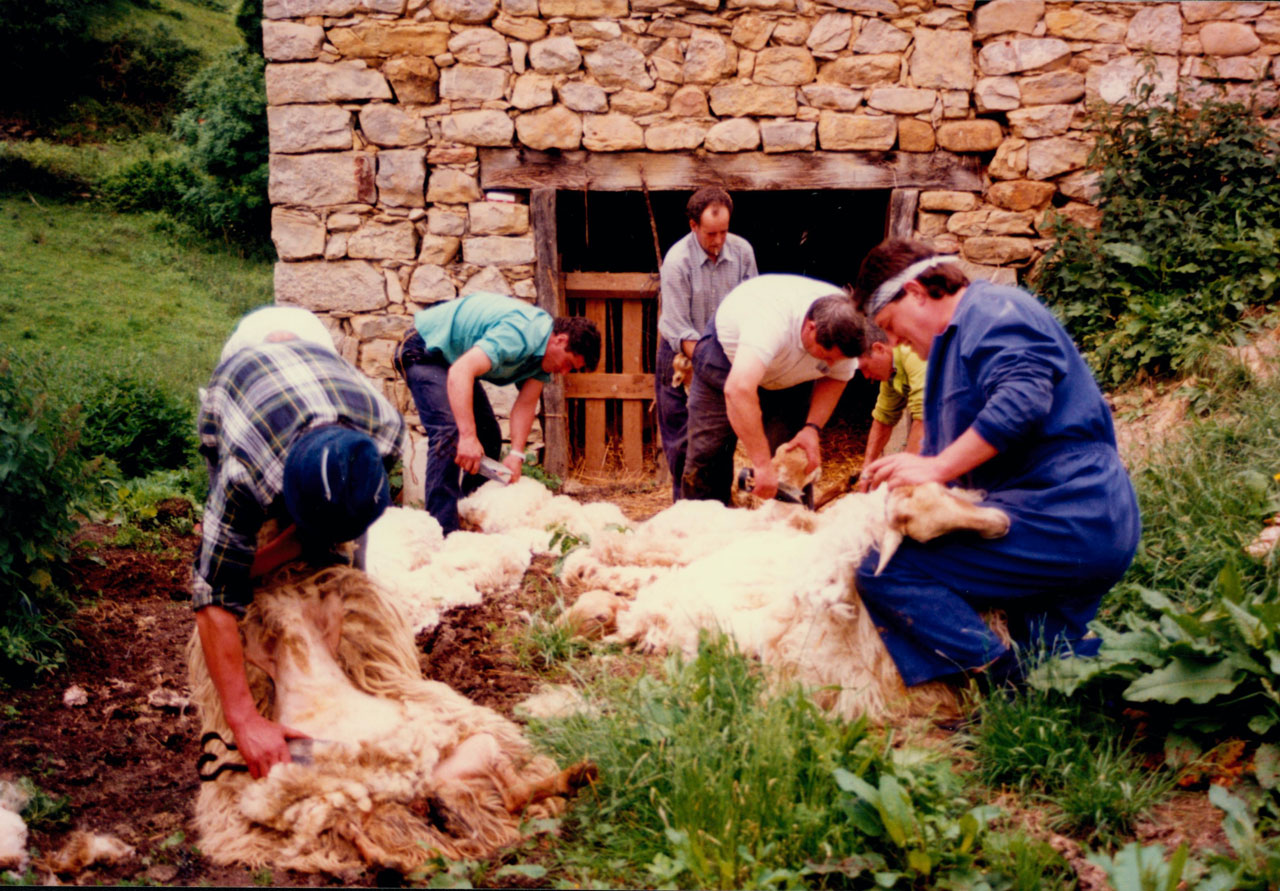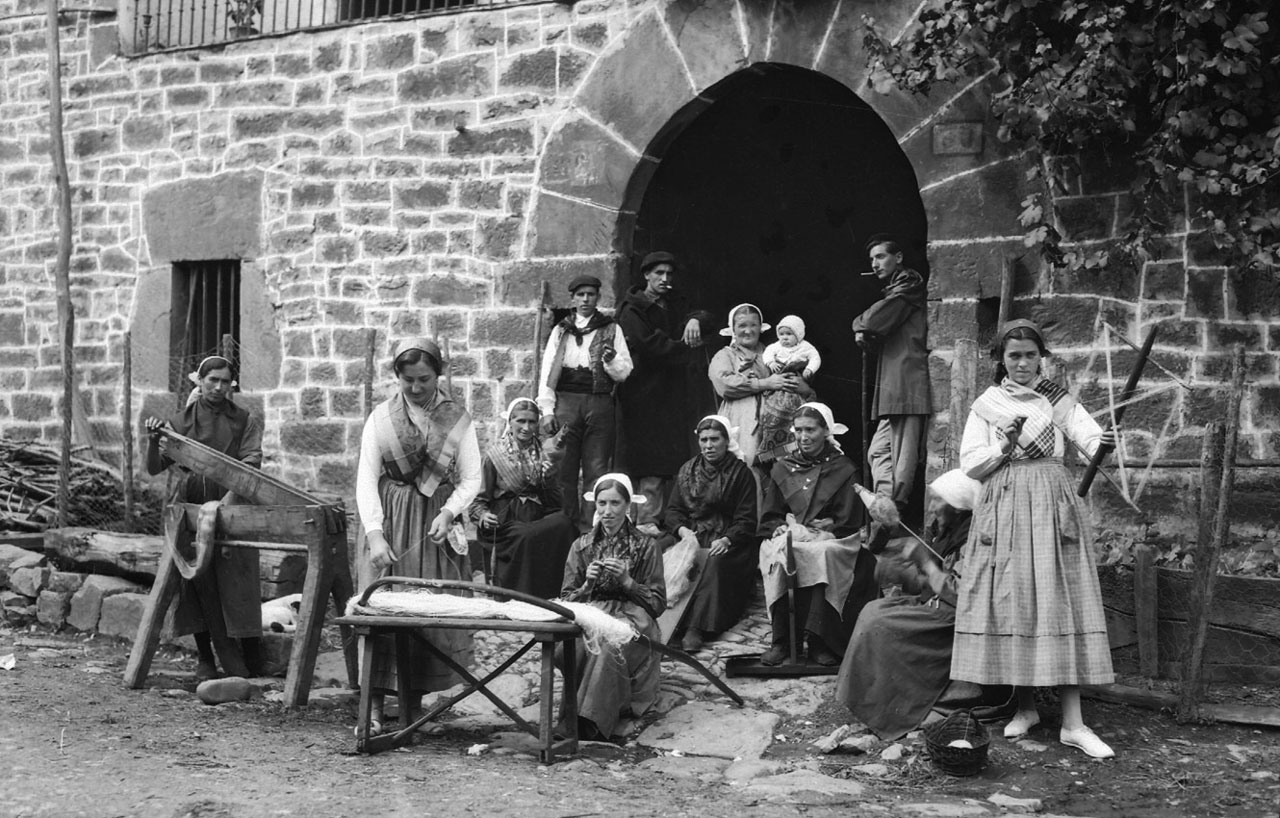Ethnographic Atlas of the Basque Country
Revisión del 16:52 11 mar 2020 de Admin (discusión | contribuciones) (Página creada con «{{DISPLAYTITLE: Ethnographic Atlas of the Basque Country}}»)
St John’s bunches of branches and flowers. Zeanuri (B), 1980. Source: Ander Manterola, Etniker Euskalerria Groups.
House and Family in the Basque Country


House and Family in the Basque Country
Different types of rites, such as attaching the St. John’s branch, San Juan haretxa, to the doorposts, were performed around the St. John’s Day festivities.
Family Diet in the Basque Country


Family Diet in the Basque Country
Ogi erre berri, etxe galgarri. Soft bread at home, an unruly household.
Children’s Games in the Basque Country


Children’s Games in the Basque Country
Txirristi-mirristi, gerrena, plat, olio-zopa, kikili-salda, urrup edan edo klik, ikimilikiliklik. Drawing lots chant
Traditional Medicine in the Basque Country


Traditional Medicine in the Basque Country
Osasuna galtzen duenak dena galtzen du. If you don’t have your health, you don’t have anything.
Rites from Birth to Marriage in the Basque Country


Rites from Birth to Marriage in the Basque Country
Charms, kutunak, were attached to children’s clothes and were said to protect them from the evil eye.
Funeral Rites in the Basque Country


Funeral Rites in the Basque Country
Tolling the bell was a very effective way of announcing the death in rural settlements.
Traditional sheep shearing. Carranza (B), 1998. Source: Miguel Sabino Díaz, Etniker Euskalerria Groups.
Livestock Farming and Shepherding in the Basque Country


Livestock Farming and Shepherding in the Basque Country
Grullas p’arriba, pastor buena vida, Grullas p’abajo, pastor más trabajo.When cranes fly north, life is easier for shepherds, when they fly south, work is harder for shepherds.
Agriculture in the Basque Country


Agriculture in the Basque Country
Linoaren atsekabeak, amaigabeak. Producing fine linen is hard work.
